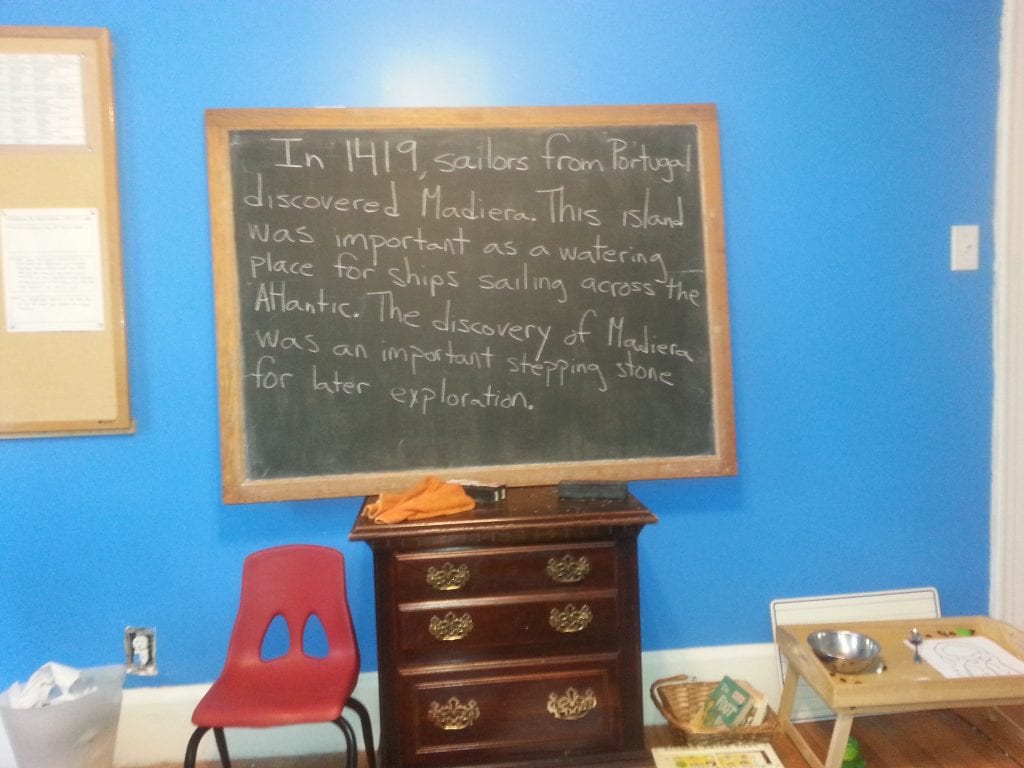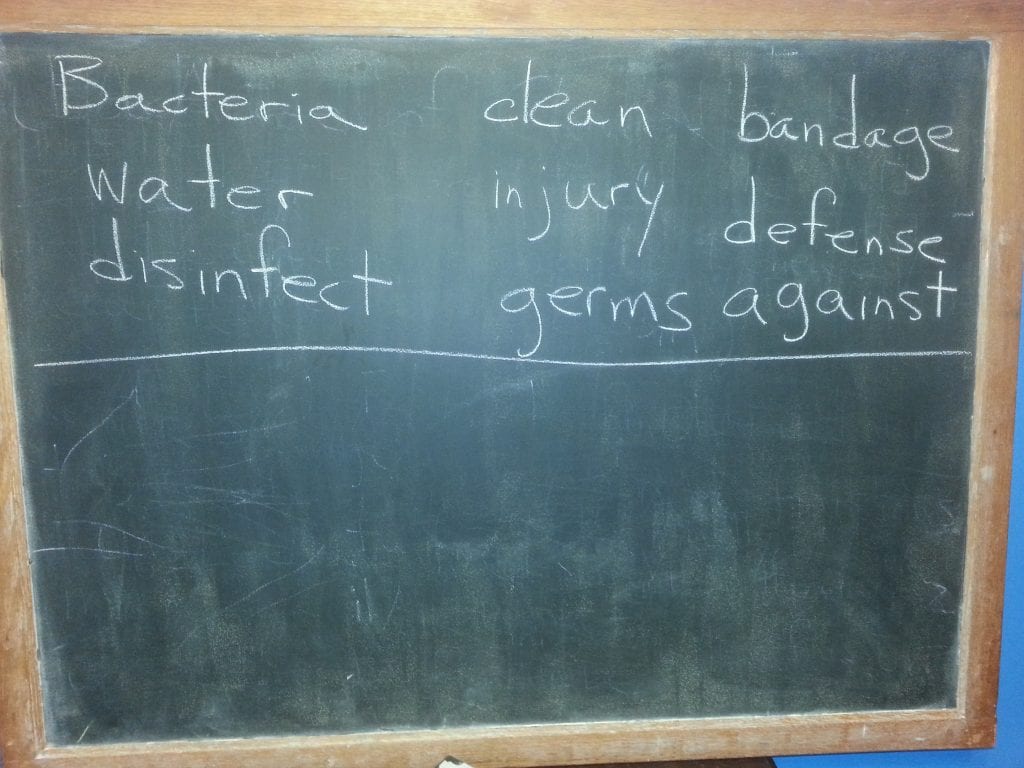We’ve all had it happen. Your students enthusiastically read the material but when it comes time to write about what they’ve read, there are blank stares, sighs, dawdling, and sometimes tears! What happened?
Last night while they were supposed to be clearing the table they couldn’t stop telling Dad all about the discovery of the importance of sterile fields in medicine…
“Can you believe it? People thought that meat just spontaneously grew maggots!”
Put a piece of paper in front of them and give them a sharp pencil and suddenly they can’t remember a thing!
Don’t give up. ?Learning to write is complicated and feels overwhelming to many children. ?Take your time, be patient and they will learn who to takes the words out of their heads and put them on paper.
Here are a few things I find to help with that process:
1. Start with dictation early. Even preschoolers love to tell stories, so have them tell you a few sentences. Write the sentences as they speak. You can have them draw illustrations and you can point out certain words, or the capitals and punctuation, but the really important thing is to get them telling things in order.
2. Don’t expect an early elementary aged student (1st-4th or 5th grade) to be able to think of what to say, write, and remember how to spell, punctuate etc. all at once. Keep letting them dictate to you, with you writing for the first couple of years. At some point you can transition to writing what they dictate on the blackboard and having them copy it into their books.

Dictation from the older two for their history notebooks. The teacher clearly needs lines drawn on the board!
3. Write often, even if it’s just a couple of sentences. Each morning the children have to write a few sentences about?the history they read the day before. Sometimes this turns into a couple of paragraphs, sometimes it’s just a brief highlight. History is a subject we do across grades so the second grader dictates to me and the fifth and sixth graders write their own sentences.
4. Provide a word bank. I find this particularly helpful for science writing or for history when there are unfamiliar names or other vocabulary. Having to stop to figure out spelling interrupts the flow of thought, so simplifying that by providing the words that might be tricky keeps the words coming.
5. Ask leading questions to get the ideas flowing. Good questions lead to good writing because they make the writing more interesting. Instead of asking “Who did you read about?” ask “Why was Louis Pasteur’s work important to the study of bacteria? or How did he prove that germs caused diseases?” Why and How questions tend to be more interesting that simply retelling the facts and a higher level of interest helps the students to want to write and explain.
Above all, be patient. Let your students know that writing is important to you, and that it is something that you will help them develop and grow into. Use your judgement about grading. It is sometimes better to give a student a “well done for effort” with some gentle corrections on usage, than to give a grade that makes them feel their hard work was pointless.

